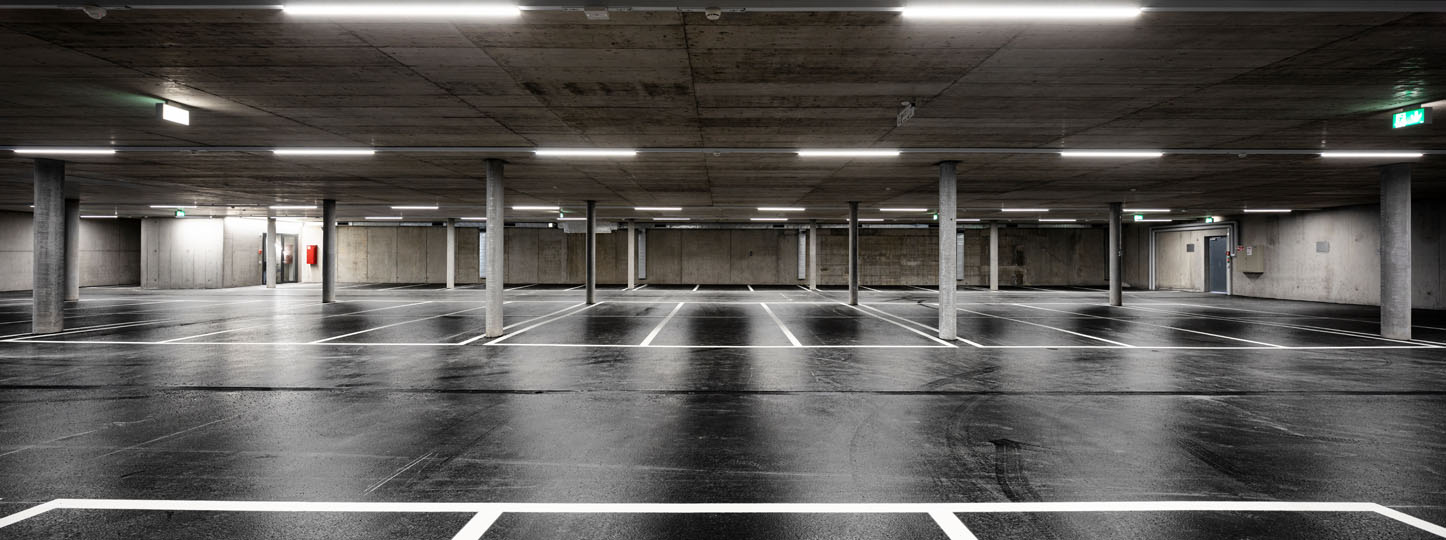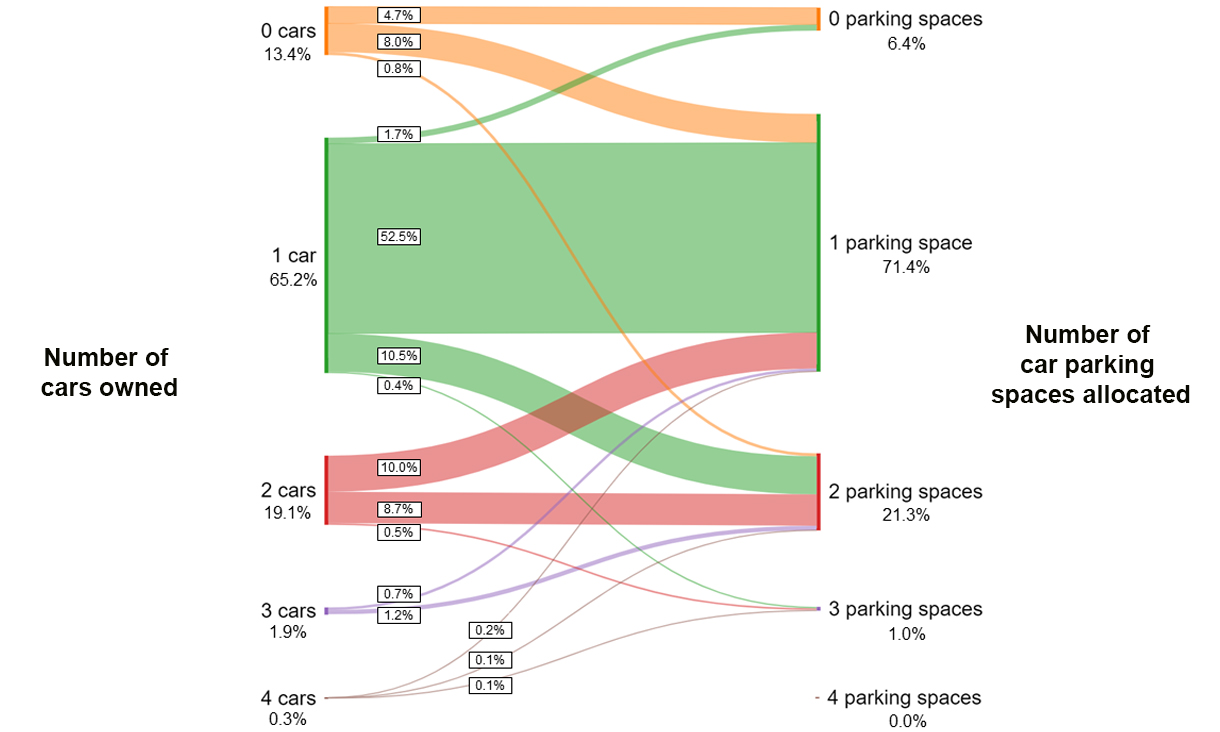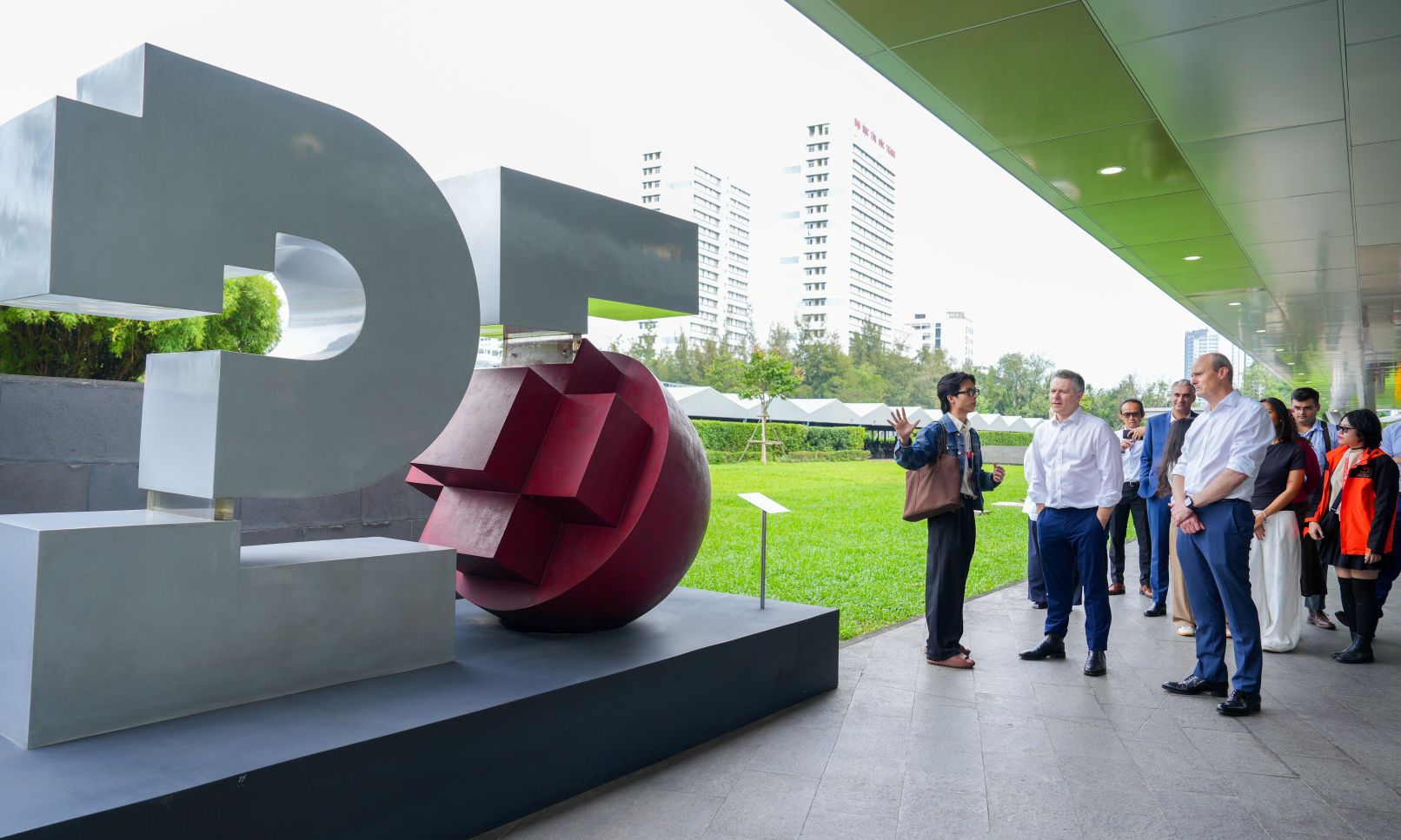RMIT celebrates completion of first phase of initiative to upskill local council workers
Last week, RMIT University celebrated the completion of the pilot phase of our ‘Earn and Learn’ model for the local government workforce.
New micro-credentials recognise 21st-century skills gained through youth arts programs
Young people who participate in arts programs develop highly sought-after workplace skills – and now they have a way to prove it.
RMIT celebrates ongoing relationship with Vietnam during ministerial visit
RMIT University has reaffirmed its commitment to invest in expanding its presence in Vietnam during the 25th anniversary of its transnational education relationship with the country.
The challenges with Greg Lynn's retrial
Greg Lynn this week successfully appealed against his conviction and sentence for the murder of camper Carol Clay in March 2020. An RMIT criminology expert explains the challenges of a new trial.



%201.jpg)





